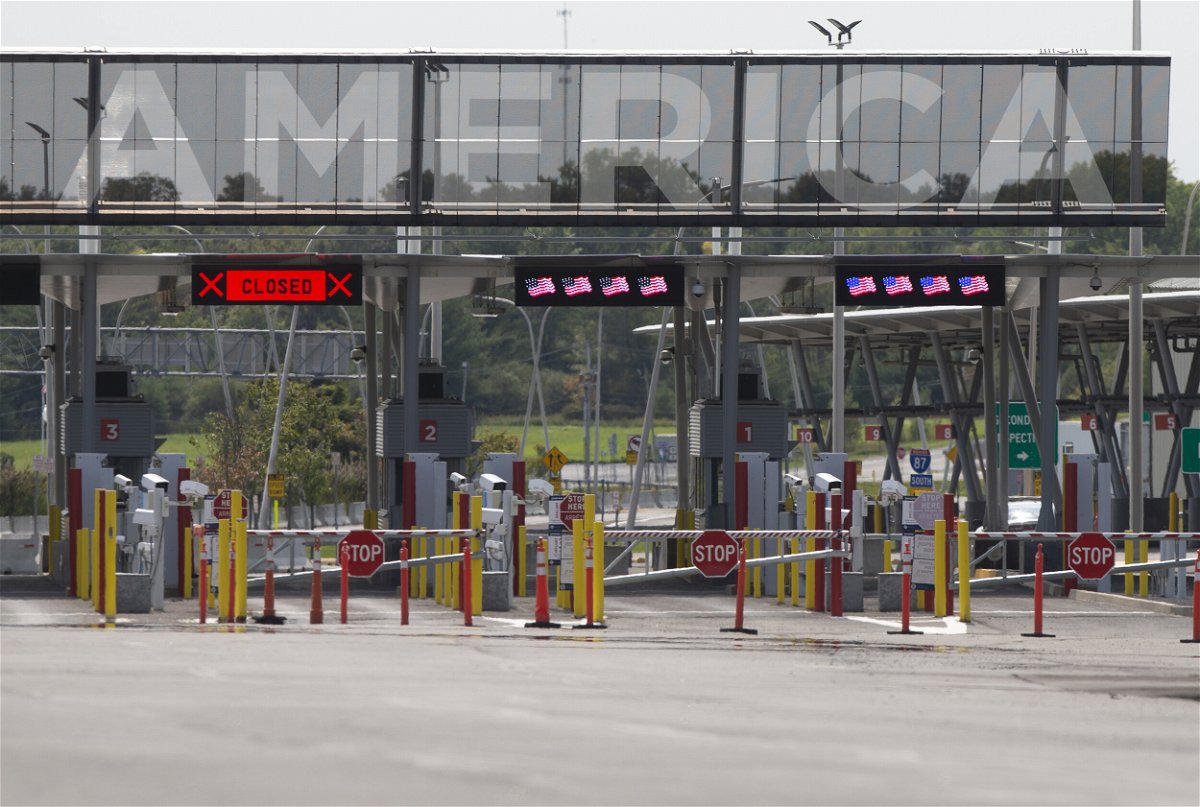Canada will finally open its borders, first to Americans, beginning August 9

Beginning August 9
By Paula Newton, CNN
The long wait will soon be over for foreigners who have been banned from entering Canada for nearly 16 months.
Beginning August 9, fully vaccinated citizens and permanent residents of the United States currently residing in the US will be permitted to enter Canada.
Non-essential travel into Canada has been banned since March 2020, something the Canadian government said was necessary to mitigate the spread of Covid-19.
International travelers may also be allowed to enter Canada beginning September 7, provided the “COVID-19 epidemiology remains favorable,” the Canadian government said in a statement Monday.
Entry to Canada will continue to be prohibited for all foreign travelers who are not fully vaccinated.
All fully vaccinated American citizens and permanent residents must have received the full series of a vaccine — or combination of vaccines — accepted by the Canadian government at least 14 days prior to entering Canada, according to the statement.
Currently, those vaccines are manufactured by Pfizer/BioNTech, Moderna, AstraZeneca and Johnson & Johnson.
Other vaccines, including those from China or Russia, will not be recognized by Canada. Officials say they are continuing to “look into it” and will announce policy changes accordingly.
Travelers must provide proof they have been vaccinated.
In a significant concession, unvaccinated minors younger than 12 entering Canada with vaccinated parents or guardians will not have to quarantine for 14 days.
In another change to policy, fully vaccinated travelers will not need a post-arrival test unless they have been randomly selected at the port of entry to complete a Covid-19 molecular test.
All travelers coming into Canada, regardless of vaccine status, will need a negative PCR or molecular test within 72 hours of requesting entry.
The White House declined Monday to commit to reopening its northern border to Canadians, though.
“We are continuing to review our travel restrictions and any decisions about reopening travel will by guided by our public health and medical experts,” White House press secretary Jen Psaki told reporters.
“We take this incredibly seriously, but we look and are guided by our own medical experts. I wouldn’t look at it through a reciprocal intention,” Psaki said.
The White House has been under pressure from foreign allies to resume international travel after keeping bans in place from the previous administration.
It was a topic of discussion last week between President Joe Biden and Chancellor Angela Merkel of Germany, who questioned why the restrictions remain in place.
After that meeting, Biden said he would be able to say more “in the next several days” about lifting travel restrictions for people coming from Europe.
The United States has set up working groups with allies in the United Kingdom and the European Union on reopening travel, but the results of those discussions haven’t been clear.
The EU lifted travel restrictions for US citizens last month.
The-CNN-Wire
™ & © 2021 Cable News Network, Inc., a WarnerMedia Company. All rights reserved.
CNN’s Kevin Liptak contributed to this report.